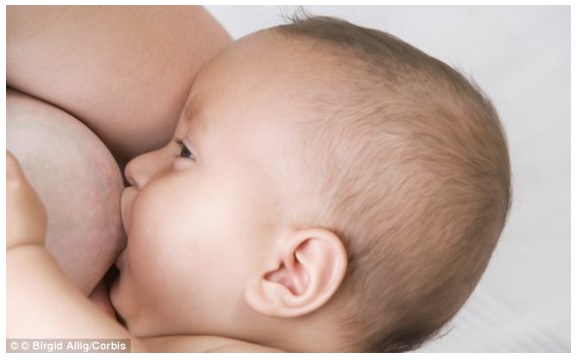Pavilion Publishing and Media Ltd
Blue Sky Offices Shoreham, 25 Cecil Pashley Way, Shoreham-by-Sea, West Sussex, BN43 5FF, UNITED KINGDOM
 Almost a half of mothers recently surveyed by the RCM said that they did not think they were given enough information about breastfeeding.
Almost a half of mothers recently surveyed by the RCM said that they did not think they were given enough information about breastfeeding.
While 80 per cent of the women surveyed said they had wanted to breastfeed, only 57 per cent reported that they had received enough information about breastfeeding.
55 per cent of mothers said they had very little, none or had to seek support from elsewhere about breastfeeding. Nearly a fifth of midwives surveyed reported that breastfeeding was not usually initiated within the first hour of giving birth, a crucial period for the mother and baby to bond.
Frustratingly, 57 per cent of midwives said they “would like to do more” or “would like to a lot more” to provide infant feeding support and help mothers. The report comes off the back of National Breastfeeding Awareness Week [19-25 May].
These statistics are part of the Royal College of Midwives’ third report for its Pressure Points campaign. which examines whether maternity teams have enough time and resources to provide the postnatal care and vital advice that mothers, babies and families, need want and deserve.
A midwife surveyed said: “I always feel I’m pushed for time. I am frustrated that I am not always able to deliver the standard of care women require and deserve.
The survey of mothers – carried out in collaboration with the online parenting group Netmums – also showed that respondents did not feel informed about breastfeeding by midwives. Time and time again, mothers recounted their disappointment and frustration at not being able to breastfeed for as long as they wanted because of lack of support from health professionals.
Unicef UK has published research saying that the NHS could save £40 million a year if more women were given help to breastfeed for longer. It said there were potential savings in five disease areas: breast cancer in mothers, gastroenteritis, respiratory illness, ear infections and the life-threatening condition necrotising enterocolitis.
In the RCM’s survey of midwives’** views about postnatal care, more than a third, 36 per cent, of midwives and maternity support workers said they would like to able to do more for women and provide women with postnatal care to a standard that they are pleased with. Helping a mother to breastfeed or bottle-feed is a fundamental element of postnatal care.


